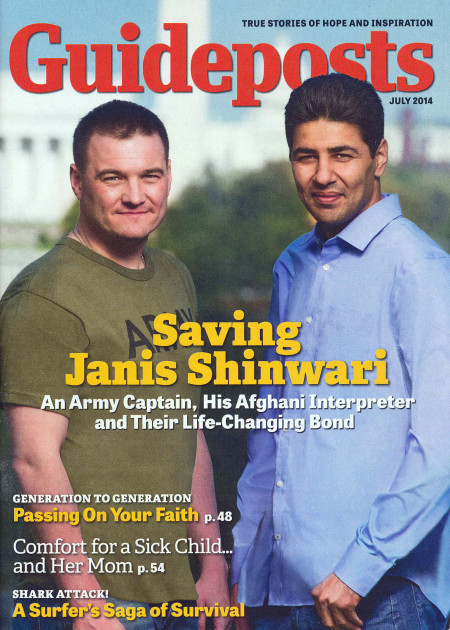The saddest outcome when we depart a country after a conflict is the people we leave behind. It happened in Vietnam. I know personally because I had a graduate-school classmate who was Vietnamese. Somehow in the chaos of those final days the nuclear family got out (thanks largely to individual initiatives by some of my U.S. classmates), but their relatives were lost to them forever.
The same thing is happening in Afghanistan. I just ran across a story of a U.S. soldier whose life was saved by his Afghan interpreter during a firefight. Of course that act put the interpreter’s life in danger; two years later the Taliban found him and he began receiving death threats.
Yes, we do allow people who have helped us to immigrate, and there is even a “fast-track” visa option. But, despite what’s being said in the current political campaign, immigrating is not easy; in this case, “fast-track” means one year instead of two. Once again, the U.S. soldier whose life was almost lost, Matthew Zeller of the Army National Guard, had to work personally to save the interpreter who had saved him. The interpreter, Janis Shinwari and his family finally arrived in this country in November 2013.
But that’s not even half the story. The two formed the charity “No One Left Behind” to help get our allies out of harm’s way. According to their website, they have raised over $840,000 and helped 2344 people. But there are over 35,000 who still need their assistance.
A good summary of their story is at https://en.wikipedia.org/wiki/No_One_Left_Behind. The organization’s website is http://nooneleft.org/. The photo is from their website.
